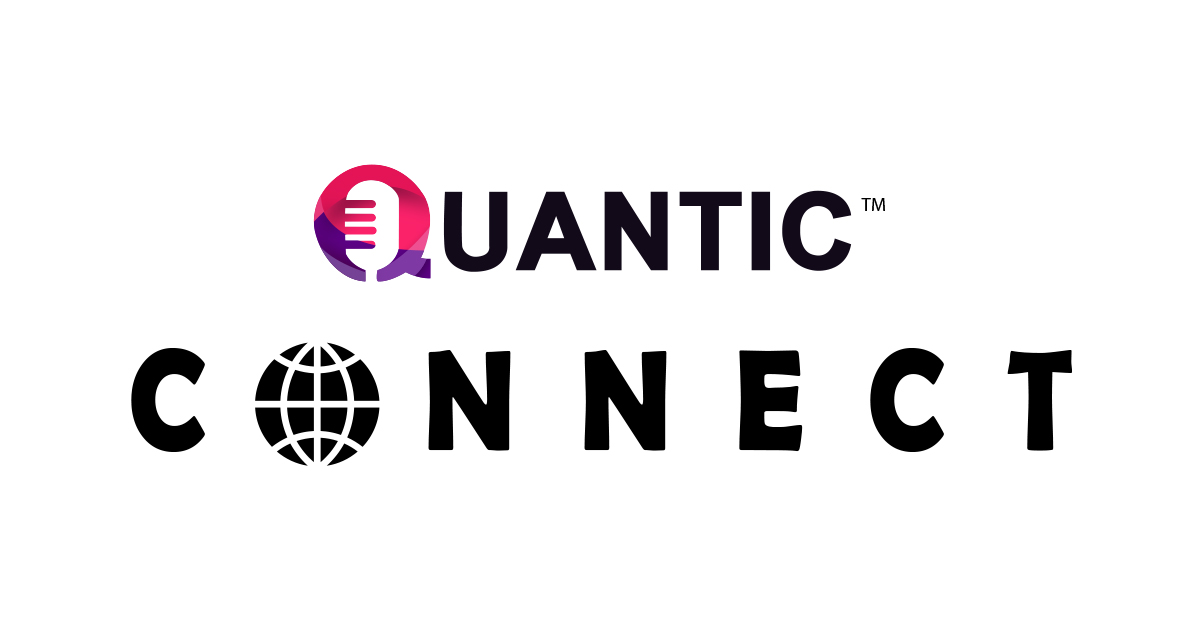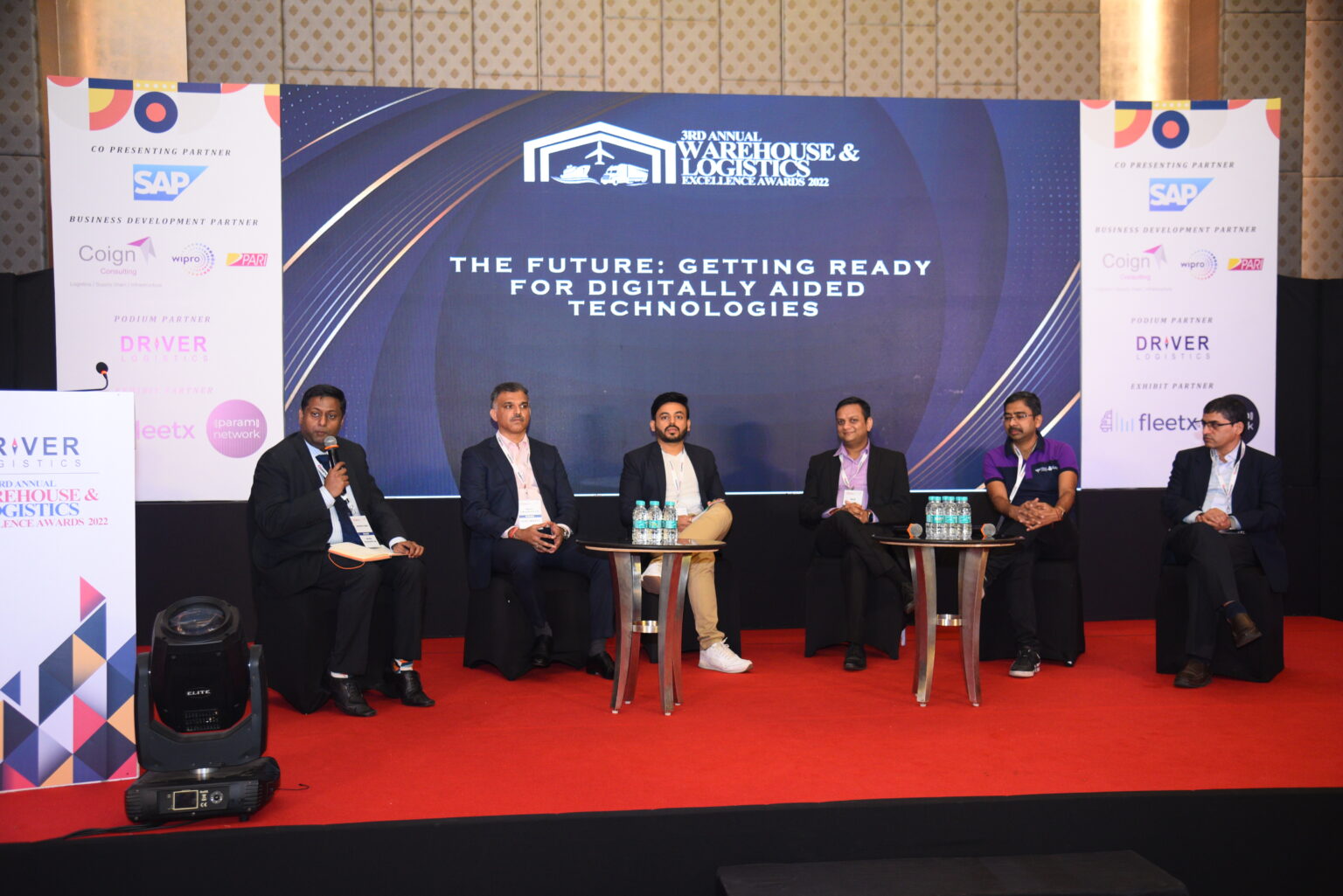The 3rd Annual Warehouse & Logistic Excellence Awards 2022, organized and hosted by Quantic India. The Show was scheduled on 15th December at Hotel Holiday Inn. With the supply chain industry experiencing significant changes, the rate of adaptation of all operations is difficult to measure at each step of the process.
The panel discussion provided these key highlights:
- Hyper automation is a concept that has been gaining traction in recent years. It promises to revolutionise the way we do business, but are we ready for it yet? Hyper automation involves automating complex processes, tasks and decision making with the help of advanced technologies such as Artificial Intelligence and Machine Learning. This could potentially reduce human effort, but also raises questions about job security. We must ensure that hyper automation is implemented responsibly so that it does not lead to job losses or over-reliance on technology.
- The digital supply chain for Industry 4.0 is the future of logistics and operations management. It involves using advanced digital technologies to automate, track, and optimize supply chain processes from end-to-end. This includes using predictive analytics to anticipate customer demand, leveraging the Internet of Things (IoT) to gain real-time visibility into inventory levels, and utilizing automation for efficient order fulfilment. Digital supply chain systems help streamline operations and create a more connected and efficient value chain.
- The use of cloud technologies, AI ML, and Iot to eliminate data silos is proving to be a powerful combination for businesses. By utilizing these technologies together, businesses can reduce costs while increasing reliability. With the cloud acting as a secure platform for data storage, AI and ML providing advanced insights that were previously impossible, and Iot helping to automate processes, organizations are able to maximize their efficiency and gain a competitive advantage.
- Robotic Process Automation (RPA) and drones are poised to drive the next wave of innovation in various industries. RPA systems are designed to reduce human labour, improve speed and accuracy, and help businesses remain competitive in an ever-changing world. Drones are equally advantageous; they allow for efficient data collection and can be used for industrial inspections or deliveries, as well as providing a new way to access previously unreachable locations. Together, these technologies will continue to revolutionize the way businesses operate, pushing the boundaries of what’s possible in the modern age.
- Block chain technology has been a revolution for the industry since its inception. It has enabled digital transformation in multiple ways, such as increasing security, reducing administrative costs, and streamlining processes. However, while it can provide immense benefit, there are also some drawbacks to consider. Namely, block chain requires an immense amount of energy to operate and is challenging to implement due to its complexity. Additionally, it can be difficult to ensure quality control with block chain-based systems. Therefore, while block chain may be a mixed blessing for the digitally transforming industry, careful consideration of its potential benefits and drawbacks should be undertaken before embarking on any major projects.
- In order for a business to remain competitive and successful, it is essential to ensure that the workforce is equipped with the necessary skillset to adjust to new processes and tools. This includes providing adequate training and resources to help employees understand the changes being made and how they can best use them. Additionally, managers should take the time to guide their team through any on boarding process, as well as provide ongoing support when needed, in order to ensure that everyone is up-to-date with the latest technologies.
- In today’s world, communication is key; both internally and externally. To ensure that everyone is on the same page, it is important to have a reliable means of communication. Easy-to-use apps are a great way to facilitate clear internal and external communication. These apps make it easy for employees and customers alike to stay connected with each other, no matter where they are in the world. Not only do they make communication more efficient, but they also help keep everyone up to date on any changes or updates happening within the company.
- Big Data is changing the way businesses make decisions. By leveraging large amounts of data, companies can use sophisticated analytics to gain insights and make better decisions faster. With Big Data, companies are able to identify trends, uncover new opportunities, and quickly respond to changes in the market. This allows them to stay competitive and remain agile in an ever-evolving business environment.
- The rapid adoption of tech investments in businesses has resulted in an increased focus on cost management. The pressure to reduce costs has been compounded by the global pandemic, leading to more competition for fewer resources and a crisis in cost management. As businesses seek ways to optimize and streamline operations, they are faced with difficult decisions about how to prioritize investments that don’t always align with their ultimate goals.
Expert Moderator for the Panel: Anand Rajagopalan : Partner, Deloitte India
Eminent Panelists for the Discussion
- Sachin Gupta : Country Planning Manager, Shell
- Vrijendra Pal : Head Of Logistics, Panasonic
- Umesh Joshi : Director Of Supply Chain, McDonald’s
- Shailesh Solkar : Head Of Merchandising & Supply Chain, Trent Ltd.
- Amol Prasadi : Head of Supply Chain Management, Metro Brands Ltd.
- Abhishek Agrawal : SVP Of Supply Chain and Sourcing, Bombay Shaving Company
- Vijay Shetty : Vice President Of Distribution & Logistics, Alkem Laboratories Ltd
The session was extremely valuable, as we gained insights from industry experts.
[blog_bottom_ad]



